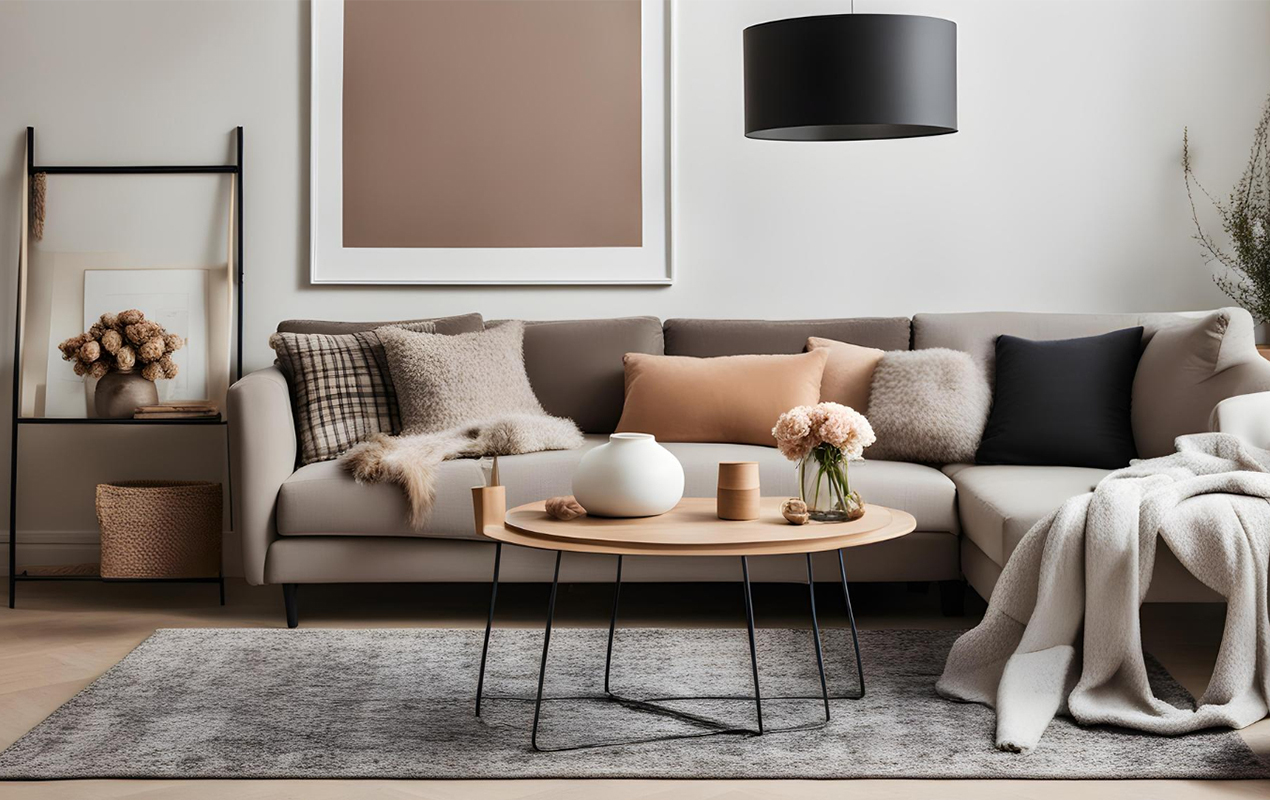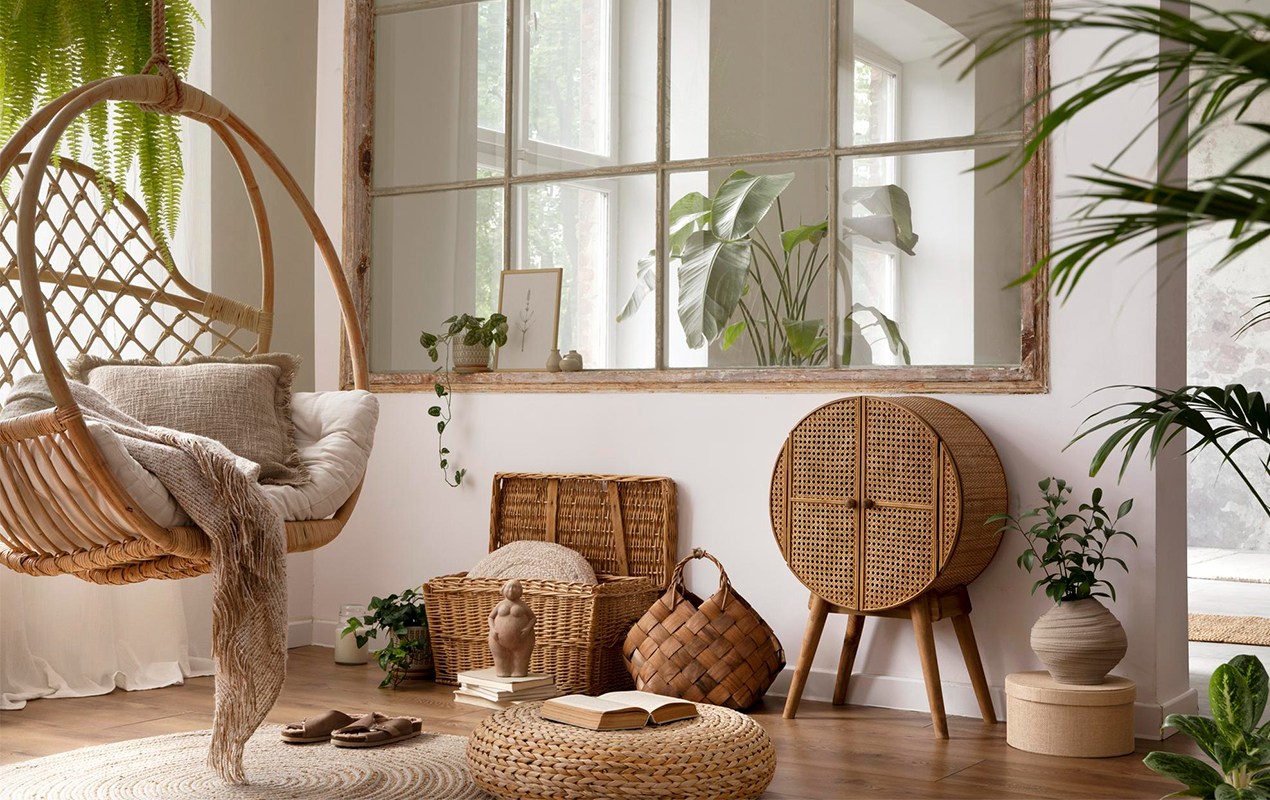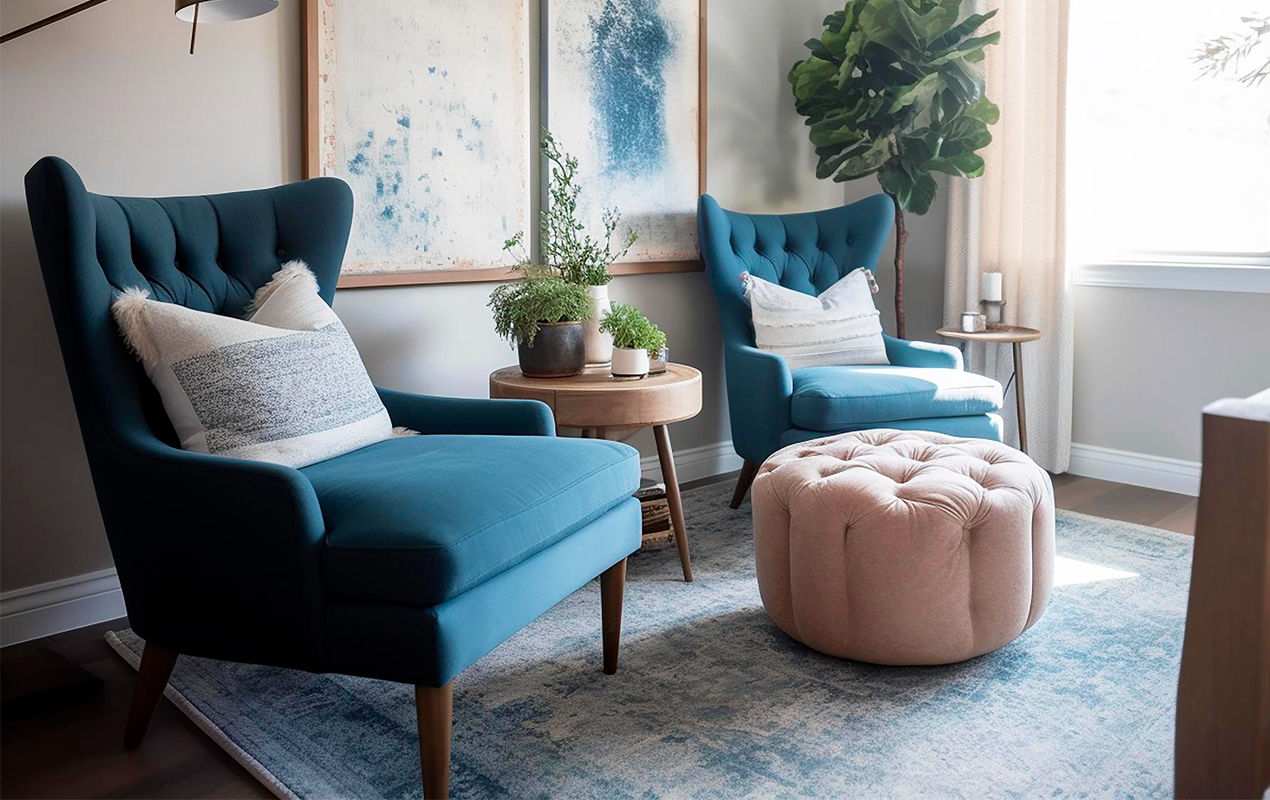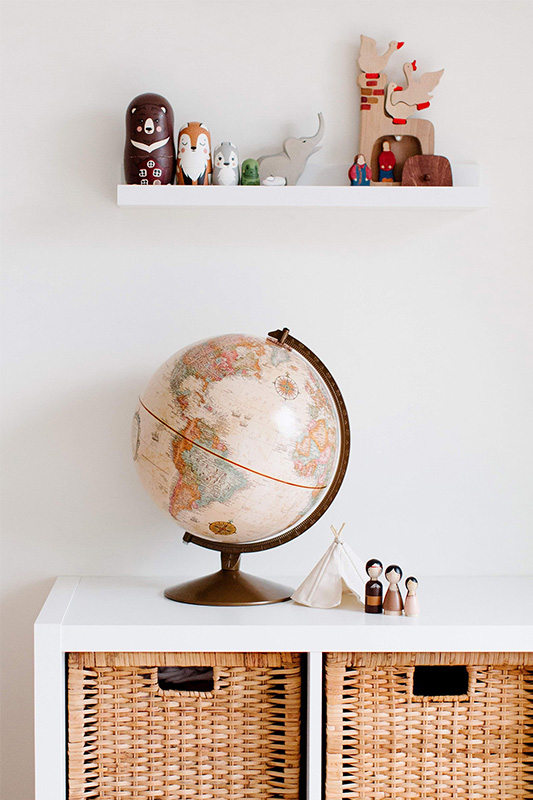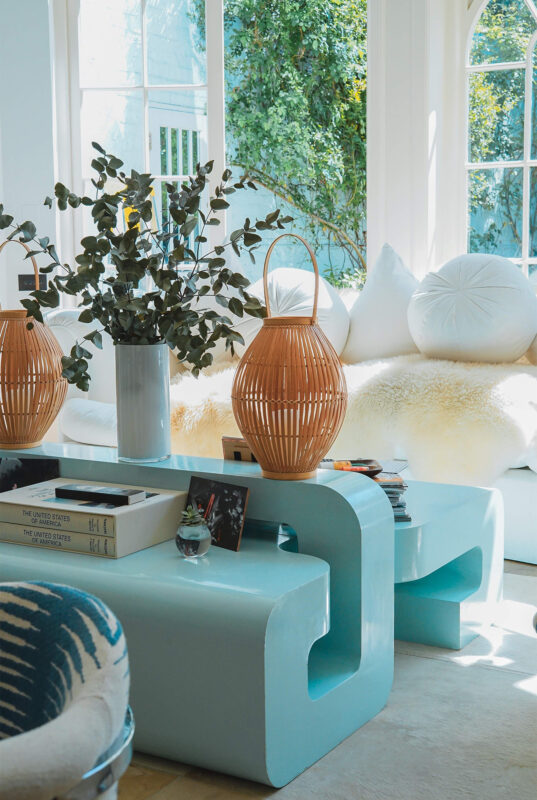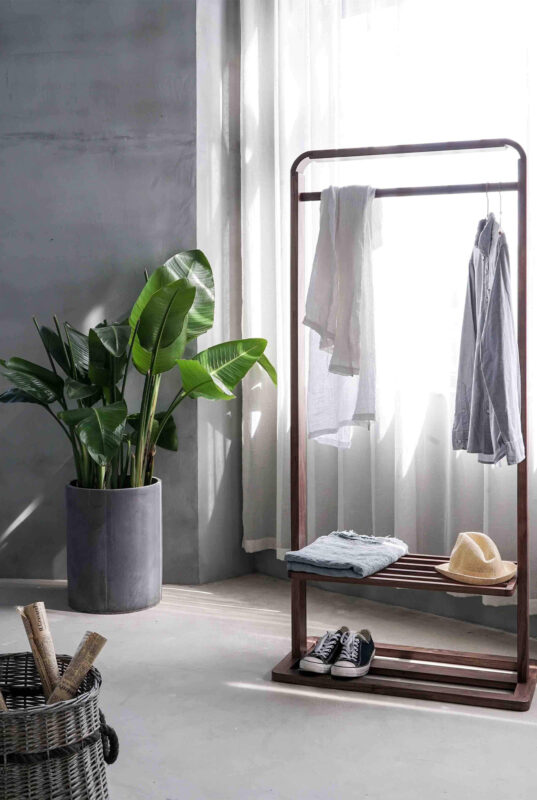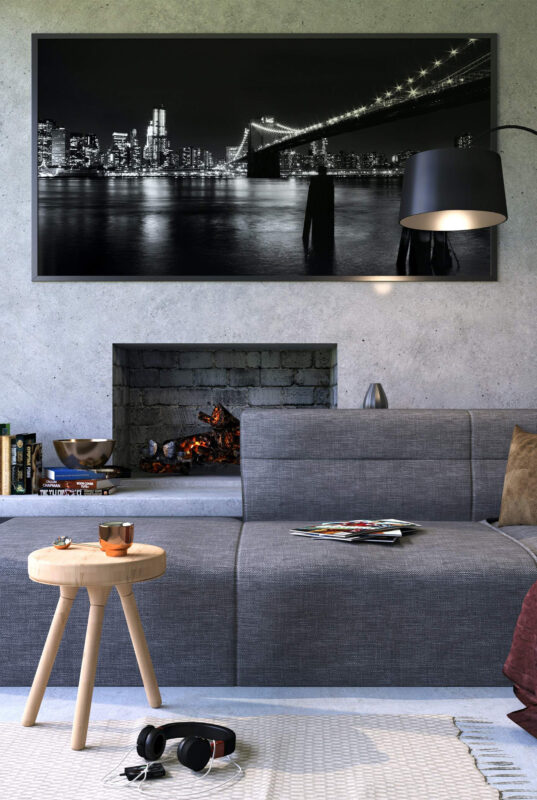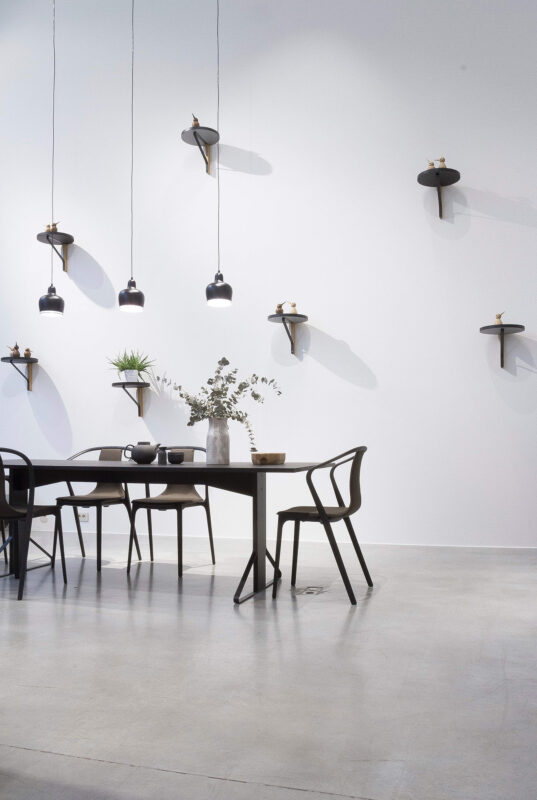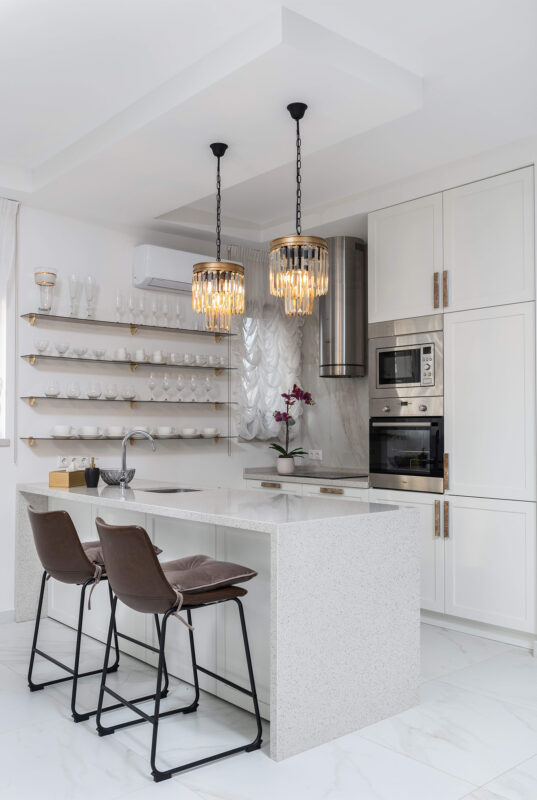Blog
Hardwood vs. Engineered Flooring: A Comprehensive Comparison

Hardwood & Engineered Hardwood Flooring
Do you live in Seattle? The city is famous for its gentle, wet climate and natural beauty. However, homeowners often feel stuck when selecting the flooring for their homes because Seattle receives 37 inches of rainfall a year and remains humid. As a result, they have to be careful about what they pick. After all, the flooring material should tolerate the local climate and stay healthy and attractive for years. Often, two options emerge more vital in this respect: hardwood and engineered hardwood. Hardwood can adapt well to the changing seasons, but engineered hardwood can respond even better to humidity.
No matter your choice, a reputable WA Seattle handyman agency can install your new flooring. In Seattle, installation charges may vary from USD $913 to 6,848, depending on the material and design. Wood flooring, including engineered hardwood and hardwood, often costs USD $8k per 1000 sq ft. If you want to give your house the feel of natural warmth, hardwood and engineered hardwood will draw your attention the most. But how do you decide between them? Comparing them on different aspects can make your job easy.
Hardwood flooring vs Engineered Hardwood flooring
When both these are natural wood, what makes them different? It starts with their core. Hardwood is pure wood, while engineered hardwood contains a layer of plywood. Hardwood flooring includes layers of natural timber throughout its core and surface. The surface undergoes an entire milling process of tongues, grooves, stains, and sealing to become perfect for use.
If you consider hardwood for your floors, pick the finished solid wood to discourage cupping and splitting risks caused by exposure to moisture. Engineered hardwood contains plywood or high-density fiberboard in the core bonded with hardwood. Due to the intersection of parallel lines on the plywood, engineered wood can be less vulnerable to cupping, swelling, and splitting on exposure to moisture.
Appearance
These are identical twins, thanks to their natural wood content. However, hardwood floors can be available in different colors and types and feature extremely tight seams. You can find unfinished and pre-finished varieties here. Engineered options are mainly pre-finished, with limited options in colors and variations. Their floorboards look broader, and pre-finished wood of this type can boast slightly beveled edges with grooves.
Lifespan
Based on maintenance and care, hardwood flooring can last from 30 to 100 years. One of the main challenges faced in this area can be protecting this flooring material from water. The other one can live up to 30 years. Signs of wear and tear can appear as scratches, which you can sand down. It will need replacement if the thin veneer layer is ripped.
Installation
Whether you are a DIYer or not, you can hire a local handyman service for help. If you choose solid hardwood, it will be a must to take professional support because this flooring type includes the tongue-and-groove system in installation. It’s a complicated work. Engineered hardwood can be easy to install, especially the click-lock systems.
Final Thoughts
When making your decision, factors such as budget, water resistance, and various considerations should be taken into account. Hardwood is often chosen for its superior quality and durability, while engineered hardwood appeals to those seeking affordability and easy installation. Therefore, carefully consider all these aspects before making your final choice.

